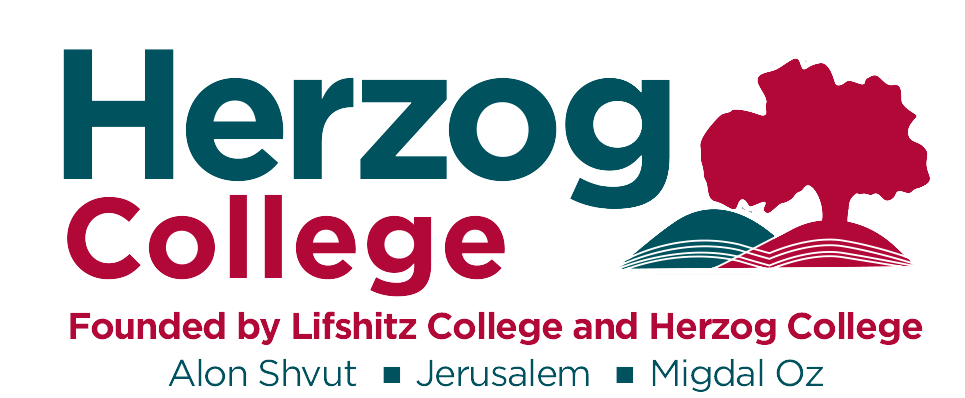The Eye Looks Toward Zion
Amidst the chaos, precisely watchful waiting and profound observation can bring about change – from the surveillance soldiers who were ignored to the legacy of Avraham and the prophetess Miriam.
The return of the abductees each week awakens a renewed pain in all of us for what has happened and is still far from over. And among all those who have returned, the return of the female surveillance soldiers from captivity is the closing of a painful circle. For a long time, they warned time and time again about what they saw, but they were not listened to.
They recognized the approaching disaster, but their words were not taken seriously enough, and they and we paid a heavy price for it. After the catastrophe, many said that they were looked down upon because they were young women. I want to offer another perspective – they may have been looked down upon because their job was to observe- an action that is apparently not active and certainly not combative.
They sit for hours in front of screens, never taking their eyes off them. To an outside observer, it can seem like a passive role, but it is one that requires a very high level of concentration and the ability to be fully present at all times, which is why it is considered one of the most challenging roles in the IDF.
The temptation to look at reality from a short-term perspective, with a narrow and limited vision, distorted the picture and led to a terrible disaster. The power of true in-depth observation lies in the ability to bear the opposites: to be patient and persistent but full of care and a willingness to act.
This is such a powerful characteristic that even the Creator of the world is described in the Torah as “an eagle who stirs over her nest, hovering over her young.” – like an eagle soaring above, alert and attentive, ready to protect its young at any moment. In a world that lives at 2x speed and seeks quick results, this image is an inspiration for courageously choosing to remain silent. Such a presence allows for observing reality from a more complete perspective.
Educators are often busy taking care of situations that arise in the classroom – breaking up a fight, helping a struggling student, and so on. However, a teacher who succeeds in observing and studying his students can sometimes solve difficulties and problems while they are still minor.
We have much to learn from surveillance soldiers. Sometimes, observation is the action needed in a chaotic space. The discourse of recent months surrounding the issue of the hostage release agreement is an aggressive discourse, full of exclamation marks instead of commas, silences, and contemplation of the infinite complexity in which we find ourselves.
We are in the midst of weeks filled with anxious anticipation for the release of the kidnapped. Weeks of helplessness, conflicting reports, and hope mixed with fear. The heart aches at the sight of the pictures, hearing the testimonies, the pain of the bereaved families, the pain of the families of the kidnapped, and at the hasty, overly-decisive statements being spread by politicians on social media.
The leadership of the country has never been more religious. Precisely because of this, we expect it to know how to handle complexity. The State of Israel is a complex story. Torah and democracy are values that sometimes conflict, but it is a challenge that we can handle.
It is worth remembering the power of presence and deep contemplation in moments like these. There are moments when the fitting action is one of watching, of expectation, of strengthening a stance of waiting out, of constant alertness and internal involvement. These actions are a Jewish heritage that is over 4,000 years old, bequeathed to us by our forefather Abraham. He bore a complex reality in which he and Lot lived in separate settlements due to differences in moral opinions. Despite this, Abraham continued to watch him Lot from afar. When he discovered that his nephew had been taken captive, he daringly went out to war and rescued him.
The prophetess Miriam acted in the same way. She stood by the river to watch over three-month-old Moses. Her willingness to act if possible led to the tremendous courage required to watch her beloved brother in a tiny ark in a river infested with evil animals and danger.
The nation’s fathers are a source of inspiration in that even when we feel small and helpless- there is power in compassion and commitment. The hope for rescuing the kidnapped requires that we emulate that same attitude of active observation, being fully present and willing to act when possible. It requires us to be true partners in the national effort while caring for the wholeness of the people and the country. Sometimes, the right thing to do out of national responsibility is to speak (or shout or argue) less and to look more deeply.
The writer is a member of the writing team at Yesodot – The Center for Education, Torah, and Democracy.


